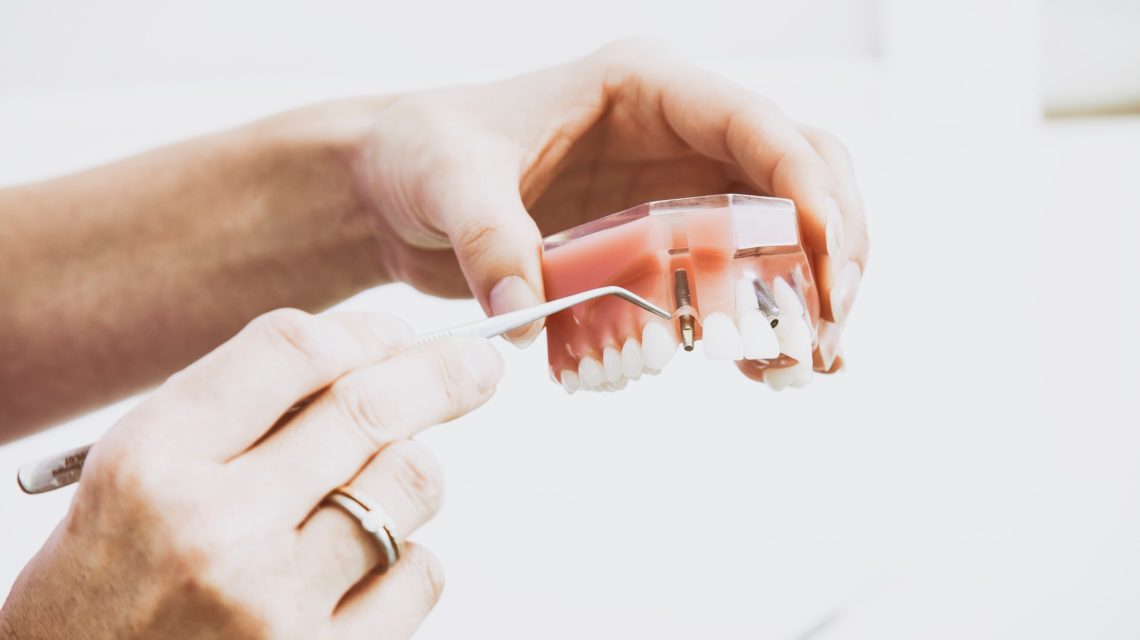If there is a bit of pain or sensitivity in your teeth, there’s a good chance it’s infected. Worn down tooth enamel or severe dental caries are generally the cause of a painful/sensitive tooth. Dentists usually recommend root canal treatment to save an infected tooth and restore it back to good health . If the tooth is severely affected and cannot be saved, the dentist might opt for tooth extraction.
Dentists will always try to save a damaged tooth and reserve tooth extraction as a last resort because missing teeth can present more problems down the line. That’s why proper oral hygiene is crucial to preserve the health and longevity of your teeth. Today we’ll be discussing the differences between root canal treatment and tooth extraction to find out which treatment is best for your teeth. It is always advisable to speak with the leading professional dentist in Joondalup should you require any additional advice.
What are the signs of an infected tooth?
When bacteria enters the dental pulp (the soft tissue within the center of the tooth), the tooth can become infected. This happens when your tooth is cracked/chipped or you have deep-seated dental cavities. The most common signs of a tooth infection are:
- Severe toothache that becomes prominent when chewing
- Teeth are sensitive to hot/cold drinks
- Darker-looking teeth
- Swollen and sore gums around the infected tooth
- Formation of tooth abscess in the gums
If you notice a metallic taste in your mouth and your face/neck are swelling, it’s likely that you have a tooth abscess. Tooth abscess is the buildup of pus that’s visible on the gums and requires immediate attention from the dentist to prevent further complications.
Sometimes, an infected tooth won’t show any obvious symptoms. That’s why regular trips to the dentist are highly recommended to find out if there are issues in your teeth that need to be addressed.
What is a root canal treatment?
A root canal (also known as endodontic treatment) is done to repair and save a tooth that has severely decayed and is infected with bacteria. The procedure is done by removing the tooth’s affected nerve and pulp. The inside of the tooth is then cleaned before being sealed to prevent bacteria from re-entering. Contrary to popular belief, a root canal treatment isn’t actually all that painful. At worst, you’ll feel a slight discomfort that’s similar to a dental filling.
After the tooth has been properly sealed, it will then be covered with a crown to restore its original look and function. The crown will be custom-made by your dentist and the colour will be matched to the natural shade of your teeth. The goal of root canal treatment is to save your affected tooth and prevent tooth extraction as much as possible. If your tooth’s condition has gotten to a point where it’s completely unrestorable, your dentist may recommend tooth extraction.
What is a tooth extraction?
Although permanent adult teeth are meant to last a lifetime, poor oral hygiene and dietary choices can lead to a tooth extraction. The most common reason for having a tooth extracted is due to severe damage that’s irreversible. If your tooth is badly infected, extraction may be necessary to prevent the infection from spreading even further.
Periodontal disease can also lead to a tooth extraction. When you have gum disease, the tissues and bones that support your teeth are infected, causing the tooth to loosen up. Often times dentists will look for ways to repair your teeth because it’s better to fix a damaged tooth than to lose one.
Before pulling the tooth, your dentist will numb the area with a local anaesthetic. In some cases, the dentist will use a strong general anaesthetic to make you sleep and prevent pain throughout your body. Once the tooth has been extracted, the dentist will pack a gauze on the socket to stop the bleeding. A blood clot will form in the socket and new bone and gum tissue will eventually cover the extraction site.
Which treatment is best for your teeth?
Ultimately, it all comes down to the condition of your teeth. It’s important to discuss both treatment options in further detail with your dentist so you can be well-informed about the procedures. The dentist will be able to identify which treatment option is best for you by thoroughly inspecting your teeth. While root canal and tooth extraction both sound like intimidating procedures, there’s nothing to fear about them.
Both of these treatments aren’t as painful as you might think and they’re crucial in helping you improve your oral health. When you notice the symptoms of an infected tooth, don’t delay and visit your dentist immediately. As they always say, prevention is better than cure so make sure to practice healthy oral habits and schedule a regular trip to the dentist to achieve a healthy set of teeth.

